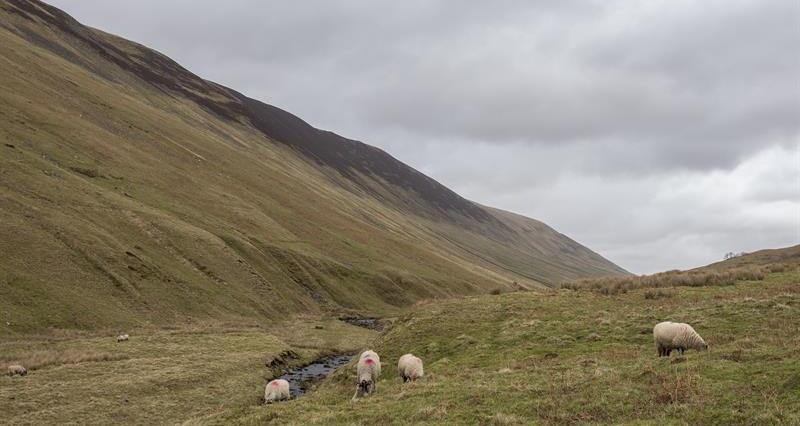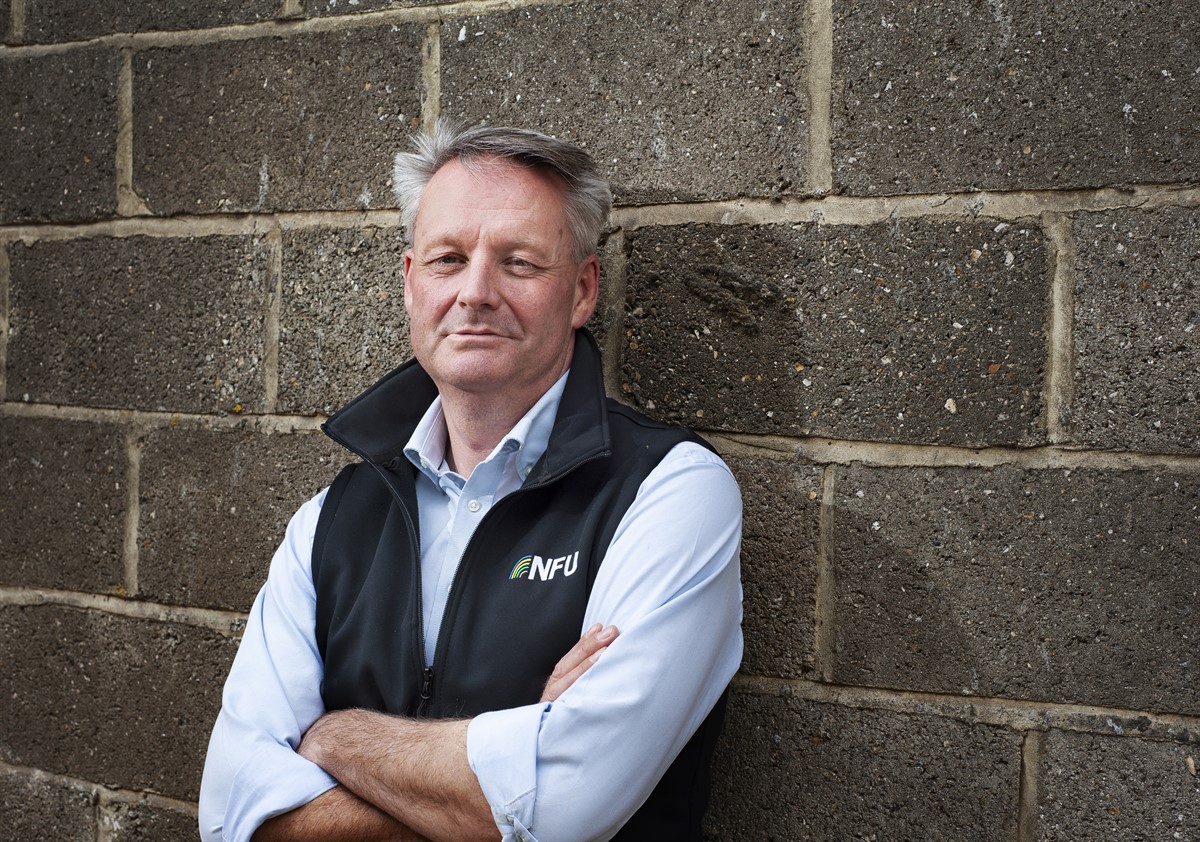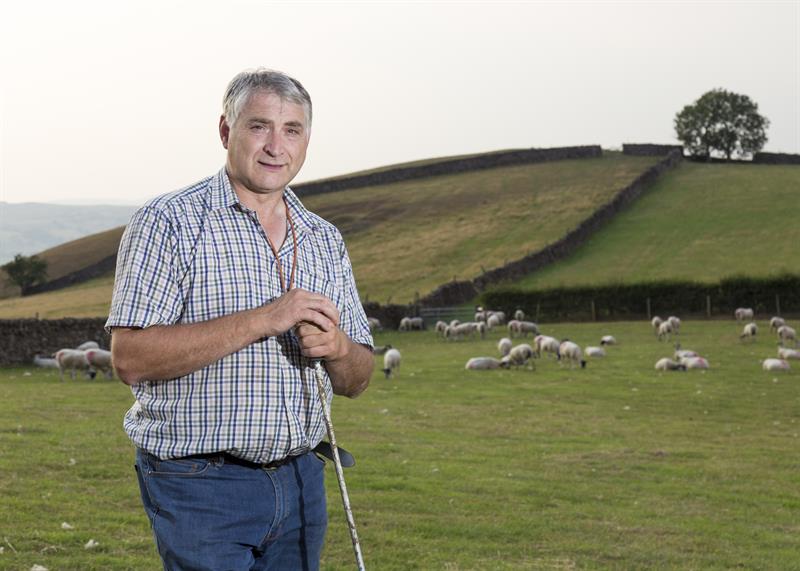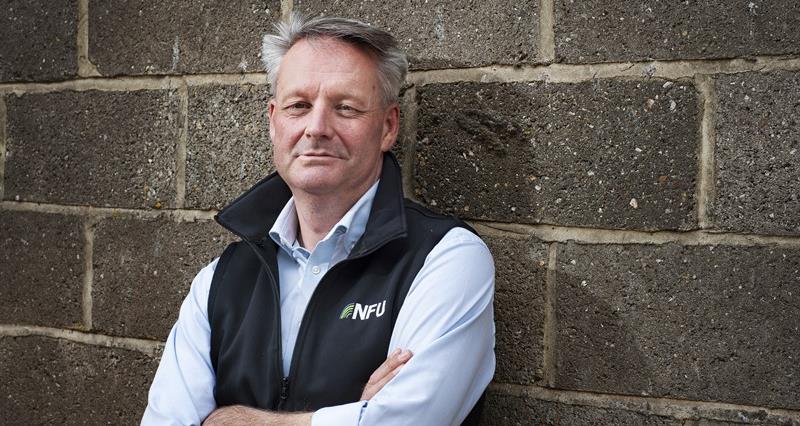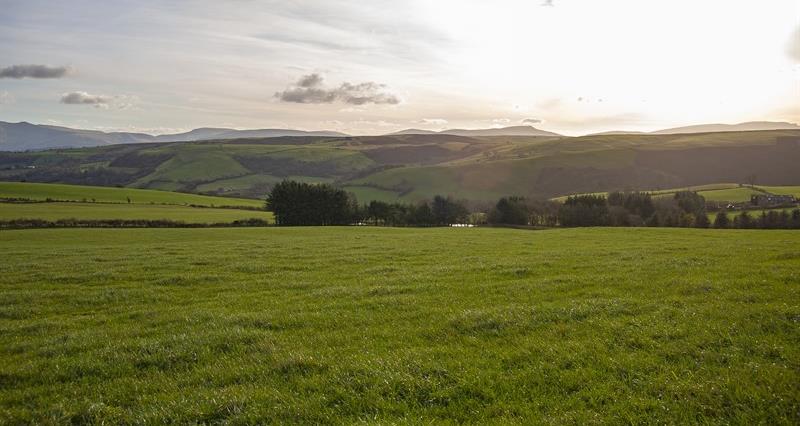Over the past 18 months, the NFU has been consistently calling for the government to recognise the vital role of farming businesses in the uplands, and to adopt an inclusive approach to the development of its Environmental Land Management Schemes.
Defra's announcement promises a positive uplift to Environment Land Management schemes, and improved options under CS (Countryside Stewardship) and the upcoming SFI (Sustainable Farming Incentive) 2023 offer.
NFU Vice President David Exwood welcomed the announcement as "really encouraging" following the NFU's work to raise concerns around farmers not getting a fair deal under new ELM schemes.
“We have fought repeatedly for ELMs to be developed in a way that is inclusive and available to every farm business. This announcement for upland farmers means they will receive a huge uplift to the support available under the new schemes which will provide them with the confidence they need to plan for the future,” he said.
What do the changes mean?
From today, it will mean payment rates in Environmental Land Management schemes are equal for both upland and lowland farms where they are carrying out the same actions. These are:
- SFI very low input grassland (in SDA) increases to £151 (from £98),
- GS5 (SDA low input grassland) goes to £151 from £98,
- SW10 (SDA seasonal stock removal) up to £115 (from £77),
- WD4 (lowland maintenance of wood pasture and parkland ) to £212 (from £198),
- WD11 (upland restoration of wood pasture and parkland) to £371 (from £316),
- WD12 (upland creation of wood pasture) goes to £544 (from £333).
For Countryside Stewardship, these payments will be applied to agreements from 1 January 2023.
In addition to commitments to increase accessibility for upland farmers within Countryside Stewardship options, upland farmers will benefit from:
- 130 relevant actions under CS and SFI from 2024, including a new moorland and upland peat action
- Extending HLS (Higher Level Stewardship) agreements for five years, running alongside CS or SFI agreements
- Applying for the second round of the Landscape Recovery scheme. You can read more about what the second round involves and how to apply at: ELMS: Everything you need to know about the Landscape Recovery scheme
- Applying for upland Wildlife Offers
- Applying for the Farming in Protected Landscapes programme if they are in an AONB (Area of Natural Beauty), National Park, or the Broads
- The SFI annual Health and Welfare review – farmers who keep cattle, sheep and pigs can obtain funding to pay for an annual vet visit.
“This announcement recognises the role hill farmers play in producing our food and looking after some of our most challenging and iconic farming landscapes.”
NFU Vice President David Exwood
Defra takes action on NFU’s concerns
NFU Uplands Forum chair Thomas Binns said the news follows "the culmination of more than 18 months of dedicated work by the NFU to ensure upland farmers are valued for the food they produce and the public goods they provide".
“With over 1000 agreements including the GS5 option this change will have a significant impact to upland farmers."
NFU Uplands Forum chair Thomas Binns
“Numerous meetings and farm visits for ministers and the SoS have helped us to demonstrate the public goods upland farmers deliver, in addition to the sustainable food we produce,” he said, “and with over 1000 agreements including the GS5 option this change will have a significant impact to upland farmers.”
Thomas expressed his thanks to Defra and the Secretary of State for acting on the NFU’s concerns, and his hopes that the changes will mark “a real turning point in the government’s acknowledgement and understanding of the important role of upland farmers”.
“It is a positive first step that now allows us to focus on ensuring moorland and common land are equally recognised in the important contribution to upland farming, the environment and rural communities.”
“For many upland farming families, it means we are able to go from firefighting and questioning our role in the future of British farming, to having the confidence and viability to make long-term decisions for our businesses. We will now be able to do what we do best; produce high-quality, protein-rich food and manage our most treasured landscapes.”
